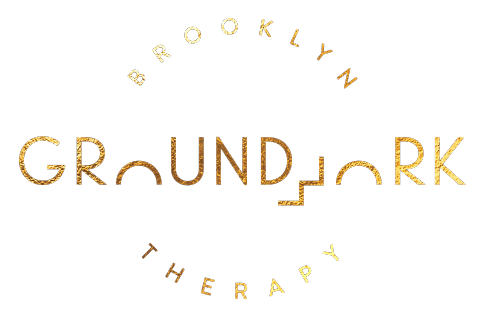Social Media and Metal Health
Digital overload can have serious effects on mental health, particularly when it comes to social media. Studies show that excessive use of social media can lead to feelings of depression, anxiety, and loneliness, as well as lower self-esteem and a decrease in overall well-being. Spending too much time online can also cause people to become desensitized to real-life relationships and events, leading to a disconnect between themselves and the physical world. The perception of mental health carries an unfortunate stigma, and social media can be a catalyst for either improvement or furthering this bias.
Mental Health Stigma Can Be Worsened Online
Stigma occurs when an individual or group is perceived negatively because they are acting against a socially accepted norm. Currently, attitudes about mental health conditions and issues are overwhelmingly negative (Mayo Clinic, 2022). According to the Canadian Medical Association’s 8th Annual National Report Card on Health Care, 27% of people reported feeling fearful of being around someone with severe mental illness (CMAJ, 2013). The journal discusses how the Bell Let’s Talk campaign brought to light the challenges that stigma creates since it often results in people delaying seeking help, being willing to talk about their own issues, or talk with others who had mental health concerns.
Social media platforms can have a great influence on how people talk about mental health. People are often exposed to negative messages and images, which can lead to feelings of shame or guilt, or feeling like they’re not normal. The influencers and celebrities that we follow may make it look as if they have perfect lives without any challenges. This creates unrealistic expectations and can make it hard for people to relate to their peers. Social media can also be a place of cyberbullying and which can lead to further isolation and depression, thus exacerbating the problem. Social media can also be a breeding ground for cyberbullying and isolation.
Ways to Reduce Stigma
One way to reduce the stigma about mental health is to work to normalize it. In 2020, Louise Bradley, president and CEO of the Mental Health Commission of Canada delivered a speech at the 24th World Congress of Social Psychiatry where she focused on how people can reduce stigma by confronting their own bias and sharing stories. Citing her years of experience as a mental health provider and patient, she states that people can normalize mental health conversations by sharing stories and more carefully choosing language. For example, people with cancer are called “cancer survivors,” “warriors,” etc. while people suffering from mental illness are called “crazy,” schizo,” etc. She is an advocate for anti-stigma campaigns, including the Bell Let’s Talk campaign, because they help people feel more comfortable having critical conversations about mental health (Bradley, 2020).
In order to combat mental health stigma on social media, it’s important to be conscious of the content we’re consuming and posting online. We should also take proactive steps to support our peers in a positive way and bring attention to mental health issues in an effort to reduce stigma and increase access to help for those who need it. By doing this, we can create a more inclusive and understanding online environment that is beneficial to all.
When to Talk to a Professional
If you feel that social media is negatively impacting your mental health, it’s important to reach out to a professional. Professional help can provide the tools needed to manage and improve mental health issues. A therapist and/or psychiatrist can also be a good resource for learning strategies for dealing with any negative effects from social media.
Additionally, there are many online resources for those struggling with mental health issues that can provide helpful advice. For example, the National Alliance on Mental Illness (NAMI) offers a variety of programs and services tailored to specific needs and experiences. NAMI also provides an online support group where individuals can connect with others who have similar struggles (NAMI, 2021).
Reaching out for professional help from a licensed therapist can be the first step to better mental health. Mental health should not be seen as a burden or something to hide, but rather an opportunity to live a higher quality of life. It is important that we continue having positive and productive conversations about mental health in order to reduce stigma and encourage those who need help to seek it.
References:
Miller, A. (2013). Mental health awareness campaign exposes challenges in combatting stigma. Canadian Medical Association Journal, 185(6), 241-2.
Wang, X., Joyce, N., & Namkoong, K. (2020). Investigating college students’ intentions to seek online counseling services. Communication Studies, 71(4), 550-567.


